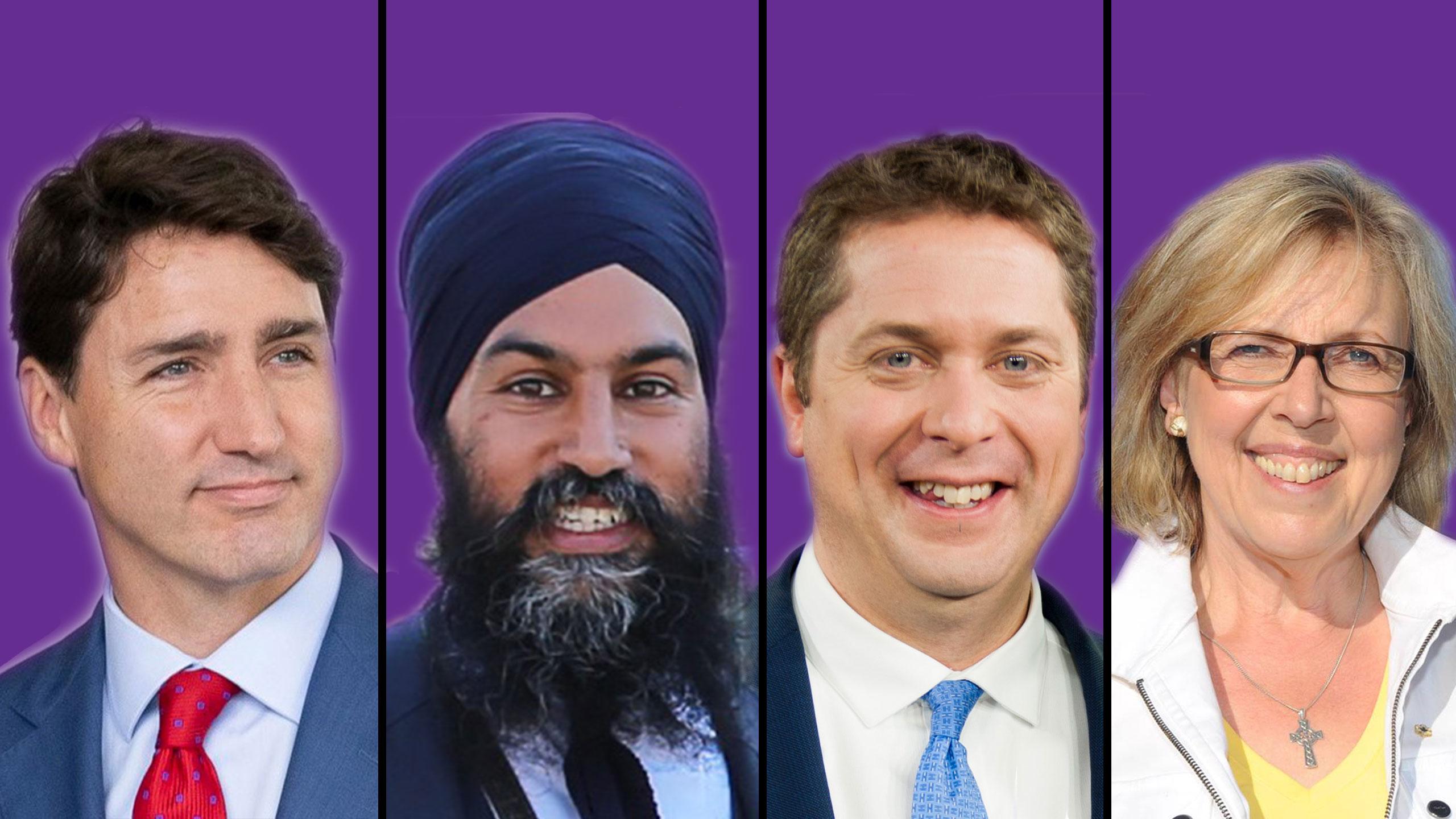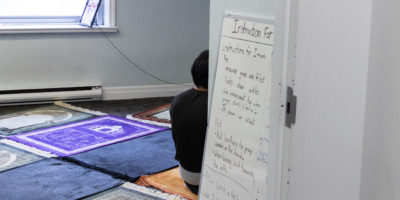By Denise Paglinawan
This October is the first time all Canadians born between 1980 and 2000 will be able to cast a ballot in a federal election.
It is also the first time that voters ranging from 18 to 38 years old, the millennial and Generation Z demographic, make up 37 per cent of eligible voters this year, according to Abacus Data.
From Oct. 5 to 9, Ryerson students will be able cast their votes on-campus at the Student Campus Centre.
The Eyeopener broke down where each main party stands on post-secondary education.
Green Party of Canada
The Green Party of Canada’s platform, including its promise to make college and university tuition free for all Canadians, is “ambitious relative to the platforms of other parties,” according to an assessment by the Institute of Fiscal Studies and Democracy at the University of Ottawa.
The Green Party said they will eliminate Registered Education Savings Plans (RESPs) and allocate $10 billion from its budget toward post-secondary and trade school supports.
They also pledge to forgive any existing or future student federal debt above $10,000.
The Parliamentary Budget Office estimates that the Greens’ free tuition platform would cost $16.4 billion in its first full year.
Glen Jones, dean of the Ontario Institute for Studies in Education at the University of Toronto, said the Green Party’s platform on free tuition is the most challenging to implement because funding for education is a provincial jurisdiction and tuition fees vary by province.
“What happens to this promise when universities increase tuition fees? Will the federal government end [up] controlling provincial fees?” said Jones. “[It’s] hard to imagine that the provinces would agree to this kind of intervention.”
In an emailed statement to The Eyeopener, Green Party spokesperson John Bennett said that “the Green Party [is] working with the provinces and territories would eliminate tuition for post-secondary education and invest [an] additional $10 billion in post-secondary institutions.”
“The federal portion of student loans would be forgiven with an initial goal of reducing outstanding loans to $10,000 to [ensure] students are no longer saddled with crushing debt upon graduation,” said Bennett.
Last week, Green Party leader Elizabeth May told the Eyeopener that eliminating the cost of tuition will “alleviate the burden of future debt.”
New Democratic Party
The New Democratic Party (NDP), led by Jagmeet Singh, said it will eliminate interest rates on federal student loans and increase non-repayable student grants.
“An NDP government wouldn’t profit off students when they get a student loan,” a spokesperson from the NDP said in an email statement. “We’ll also work with the provinces and territories to cap and reduce tuition fees.”
The NDPs also said they will “support Indigenous youth and help them bridge the gap to post-secondary education through expanded financial assistance and increased educational opportunities.”
Liberal Party of Canada
The Liberal Party of Canada highlighted its policy on student loans when party leader Justin Trudeau unveiled the party’s platform at the University of Toronto’s Mississauga campus Sept. 29.
The Liberals said they will give students up to $1,200 more in grants per year and a two-year interest-free period to pay off student loans after graduation.
They also said that under a Liberal government, graduates won’t have to start repaying their loans until they earn at least $35,000 yearly– increasing the threshold from $25,000. Payments will be put on hold for those below this level, the party said.
The Liberals also introduced a policy to pause interests on student loan repayment for students who are new parents until their youngest child turns five years old.
Conservative Party of Canada
Andrew Scheer’s Conservatives have focused on appealing to parents in their education platform. The Conservatives said they will increase government contributions to RESPs from 20 to 30 per cent per dollar invested—up to $2,500 a year.
“The profile of individuals who purchase RESPs are middle-class and above,” Ontario Institute for Studies in Education (OISE) dean Glen Jones said. “The Liberal Party and NDP platforms both focus on modifications to the student loan [and] grant programs, which will have the largest impact on lower income students.”
People’s Party of Canada
Maxime Bernier’s People’s Party of Canada has no specific platform on education affordability to date.












het
rtwgyhetjryktu,.yifkul
brenden thomas
I took a shit and than the liberal ate it
Shjkoirewdcv
Fucking brilliant
filla mycrak
wow